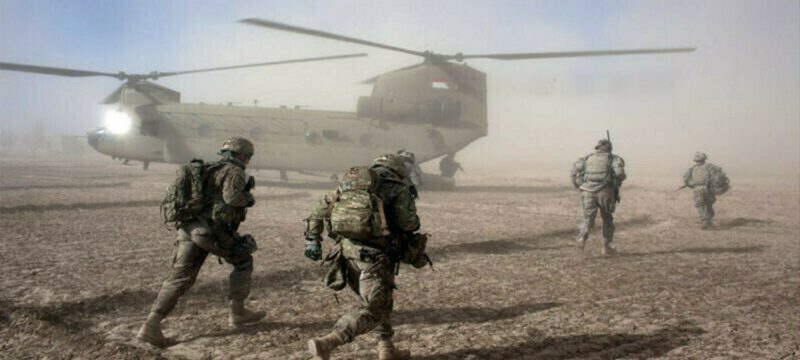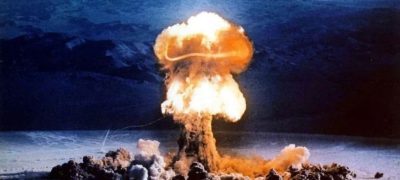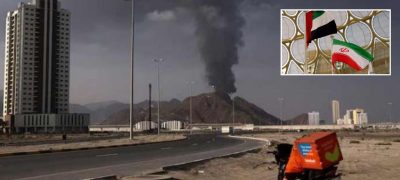The United States has authorized the voluntary evacuation of family members of its military and diplomatic personnel from several Middle Eastern nations, citing growing regional instability and mounting threats linked to Iran’s nuclear ambitions.
CBS News reported that the move comes amid fears of a possible Israeli military strike on Iran, as Washington becomes increasingly concerned about the breakdown of nuclear negotiations with Tehran.
Read more: Iran Executes 9 ISIS Militants Over 2018 Attack on Security Forces
U.S. Central Command (CENTCOM) confirmed on Wednesday that Defense Secretary Pete Hegseth had approved the departure of dependents from American bases and missions in Bahrain, Kuwait, and the UAE. Additionally, nonessential staff were ordered to leave the already scaled-back U.S. Embassy in Baghdad.
The State Department emphasized that the safety of U.S. personnel remains a top priority and affirmed its commitment to protecting Americans both domestically and abroad.
In a press briefing, President Donald Trump called the decision precautionary, saying, “We’ve issued the warning to move out. That region is risky, and let me be clear—Iran will not be allowed to obtain a nuclear weapon.”
Trump’s remarks coincided with intensified diplomatic discussions in Washington, where senior officials are engaged in high-level talks regarding the status of negotiations with Tehran.
Reporting from Washington, Al Jazeera’s Alan Fisher noted growing anxiety in the White House. He highlighted that this evacuation, especially from Baghdad, is notable and may signal either a fear of escalating conflict or an attempt to pressure Iran by increasing regional stakes.
Fisher also pointed out that the U.S. has previously withdrawn personnel from Baghdad during periods of heightened tension, particularly when Iran-backed militias posed threats to American facilities.
Despite regional tensions, the sixth round of U.S.-Iran nuclear talks is set to take place in Oman later this week, with U.S. Special Envoy Steve Witkoff expected to attend.
Meanwhile, Iran’s Defence Minister General Aziz Nasirzadeh stated that while Tehran remains hopeful for diplomatic progress, it is ready for a military confrontation if provoked. He warned that all U.S. bases in the region are within Iran’s reach and would be targeted in the event of a conflict.
Though Washington hasn’t confirmed any military buildup, its recent actions suggest a strategy that balances ongoing diplomatic efforts with preparation for potential conflict.
While Israeli officials have stayed silent on any planned operations, speculation persists that Tel Aviv may take unilateral action if talks collapse.
Analysts warn that the region could face a turbulent summer, with heightened scrutiny on conflict hotspots such as Syria, Iraq, and the Persian Gulf.









